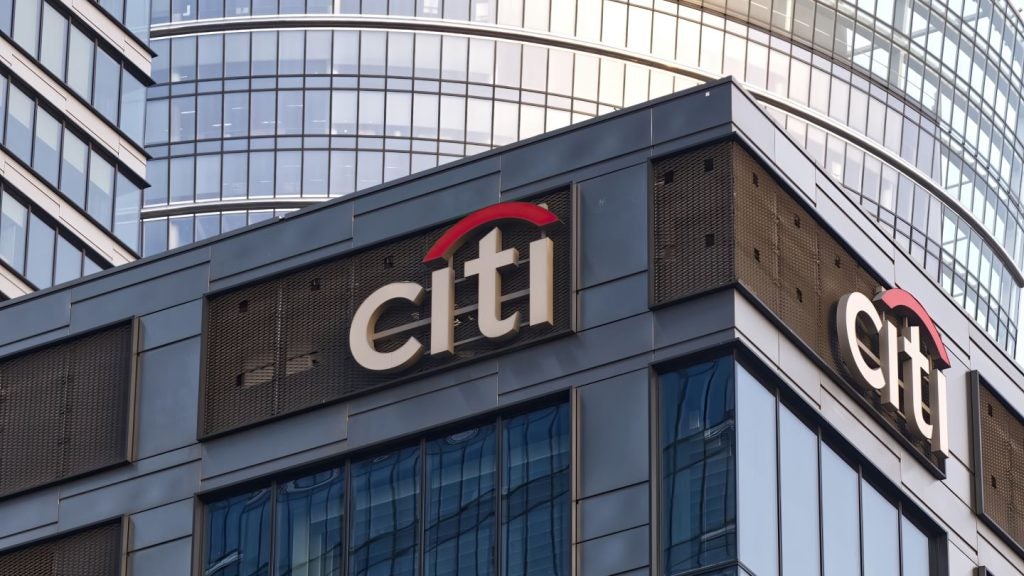
February’s key regulatory and compliance-related developments impacting private banks and wealth managers.
FCA warns of increased risk of online investment fraud

Access deeper industry intelligence
Experience unmatched clarity with a single platform that combines unique data, AI, and human expertise.
The UK’s Financial Conduct Authority (FCA) has urged the public to be vigilant about the threat of online investment fraud.
Fraudsters offering investments in binary options, contracts for difference, forex and cryptocurrencies often promote themselves online and via social media channels such as Facebook, Instagram and Twitter, the UK regulator said.
The fraudsters typically use techniques such as images of luxury goods and promises of high returns to lure potential investors.
Once an investment has been made, the perpetrators distort prices on their website, tie people in with extreme payout clauses and even close customers’ accounts, refusing to pay back their money. The FCA revealed last year investors lost £87,410 ($123,549) a day to binary options scams.

US Tariffs are shifting - will you react or anticipate?
Don’t let policy changes catch you off guard. Stay proactive with real-time data and expert analysis.
By GlobalDataThe rise in people being targeted online means the profile of investment scam victims is changing. While the over-55s have historically been most at risk to investment fraud, the FCA’s latest study, conducted as part of its ScamSmart campaign, found those aged under 25 were 13% more likely to trust an investment offer received via social media, compared with just 2% for those over 55.
A total of 23% of respondents said online customer testimonies and reviews increase their trust in an investment company. A further 11% said they would not carry out basic checks, such as whether the firm was regulated by the FCA or registered with Companies House, before parting with their money.
For the first time, the FCA has seen more users checking its ScamSmart Warning List, which allows users to find out if businesses are operating without the FCA’s authorisation, after being approached with an investment offer online rather than by telephone.
Mark Steward, director of enforcement at the FCA, said: “While their websites and profiles appear to be professional, they are all too often run by fraudsters who fix prices and payouts, or in some instances do not really place trades at all, before disappearing with innocent investors’ money.”
Client reporting biggest challenge of MiFID II
Nearly half of investment managers and consultants consider client reporting to be the greatest implementation challenge posed by MiFID II, according to a survey carried out by Northern Trust.
Transaction and transparency reporting was cited as the greatest challenge by around 20% of respondents, and another 20% cited inducements and research.
According to nearly 15% of respondents, updating client documentation was the biggest hurdle related to MiFID II. Also, 65% of respondents said they expect the new regulatory landscape to take an increasing amount of their time in 2018, as compared to the previous year.
Northern Trust’s head of regulatory solutions, Robert Angel, said: “Whilst it’s surprising the effort spent by the industry on regulatory compliance is expected to increase, MiFID II will require ongoing efforts for the duration of 2018.
“In addition, GDPR is fast approaching and with many fund managers focused on other regulatory change, the significance and work required for GDPR is likely to only be focused on now.”
Hong Kong and Switzerland sign financial co-operation agreements
The governments of Hong Kong and Switzerland have agreed three memoranda of understanding (MoUs) to promote the development of the financial services industry in the two markets.
The first MoU was signed by the Hong Kong Monetary Authority (HKMA) and the Swiss State Secretariat for International Financial Matters. The two parties committed to improve co-operation in wealth management, renminbi internationalisation, infrastructure financing, and international financial matters.
The second agreement was signed between the Swiss Financial Market Supervisory Authority and HKMA, and aims to bolster ties between the two jurisdictions in the fintech space.
The third MoU, between the Hong Kong Private Wealth Management Association and the Swiss Bankers Association, aims to promote private wealth management development in the two markets.
The two countries initiated a dialogue on issues pertaining to collaboration in financial services in September 2017, and signed an agreement for the automatic exchange of financial account information in tax matters the following month.
Barbados removed from EU’s tax blacklist
Barbados has officially signed the OECD’s Multilateral Convention to implement tax treaty related measures to prevent base erosion and profit shifting.
The signing marks Barbados’s commitment to international standards and tax rules designed to counter treaty abuse and improve dispute resolution, while facilitating the use of its treaty network to eliminate double taxation.
In a parallel development, the EU has clarified its relationship with Barbados by removing the country from its ‘blacklist’, acknowledging it as a tax jurisdiction committed to improving taxation standards.
Barbados’s reclassification recognises work by the island nation to accommodate the EU’s strategy for effective international taxation. It also removes the barriers to international business that are created when a nation is classified as ‘blacklisted’.






